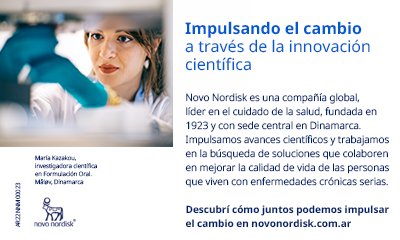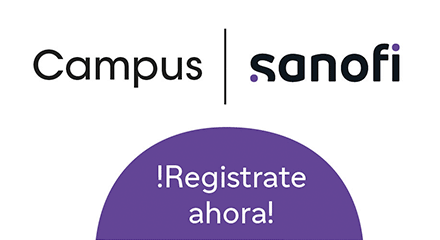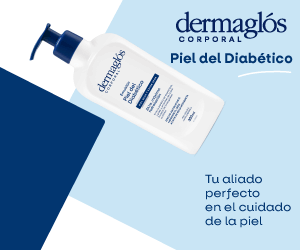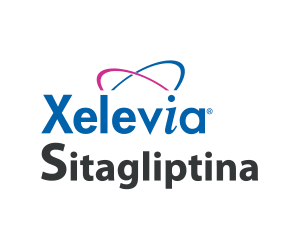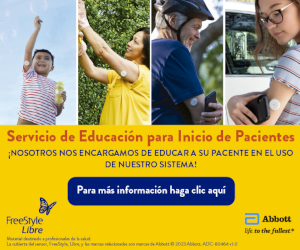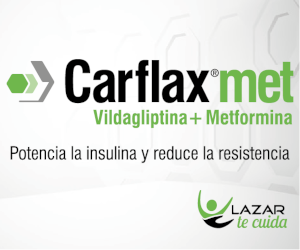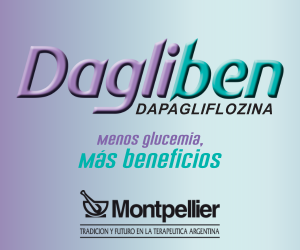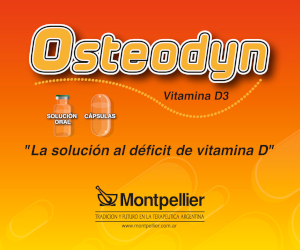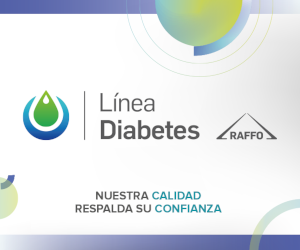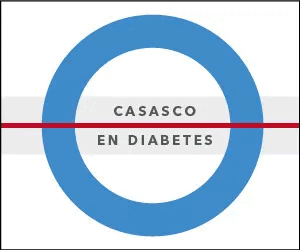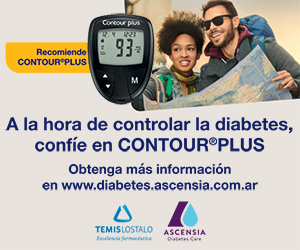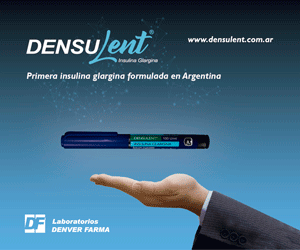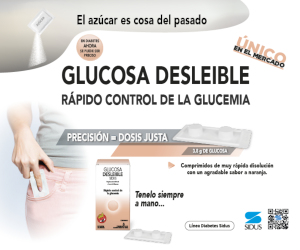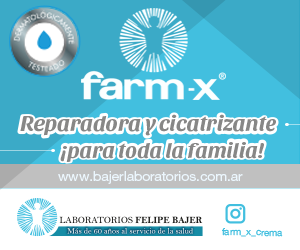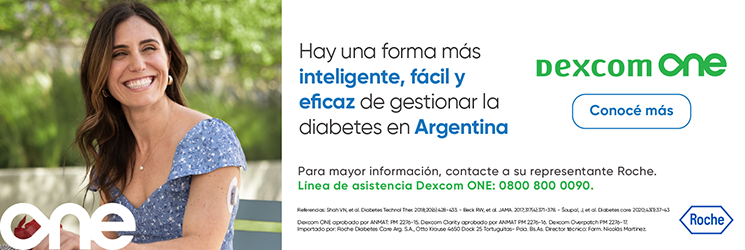6 voices in 10 minutes: Education: the keys to reach therapeutic goals
DOI:
https://doi.org/10.47196/diab.v54i3Sup.288Keywords:
education, diabetesAbstract
6 voices in 10 minutes: Experiences in education in Argentina
Education: the keys to reach therapeutic goals
Medicine is learned through schemes that facilitate the acquisition of knowledge and its mnemonic organization. Yet, there are other factors between this rigid scheme and the patient in front of us: their affections, beliefs, eating habits, and comforts, among other factors determine the effectiveness of the educational process. When diagnosed with diabetes, the patient is faced with a series of questions, and, probably, anxiety and distress. The recognition and understanding of these situations will certainly generate empathy, which will not only ease the knowledge transfer of this disease, but also transform the patient into an effective and active participant in the monitoring and treatment of the disease. This implies shifting the paradigm away from the classical care model into an interactive one where the doctor explains the problem, the patient understands it and, together, they agree on the appropriate treatment. We promote the importance of therapeutic education by showing the results obtained in structured and interactive programs such as the PEDNID-LA project, where a significant reduction was seen in variants of clinical (weight and arterial pressure), metabolic (glycemia, HbA1c and lipid profile) and economic (medication costs) relevance during the post-course year. We highlight the importance of comparing quartile values, proving that higher initial values in the indicators imply bigger reductions. Likewise, the developed patient-educator empathy was important to optimize the results induced by education.
Downloads
Published
How to Cite
Issue
Section
License

This work is licensed under a Creative Commons Attribution-NonCommercial-NoDerivatives 4.0 International License.
Dirección Nacional de Derecho de Autor, Exp. N° 5.333.129. Instituto Nacional de la Propiedad Industrial, Marca «Revista de la Sociedad Argentina de Diabetes - Asociación Civil» N° de concesión 2.605.405 y N° de disposición 1.404/13.
La Revista de la SAD está licenciada bajo Licencia Creative Commons Atribución – No Comercial – Sin Obra Derivada 4.0 Internacional.
Por otra parte, la Revista SAD permite que los autores mantengan los derechos de autor sin restricciones.


